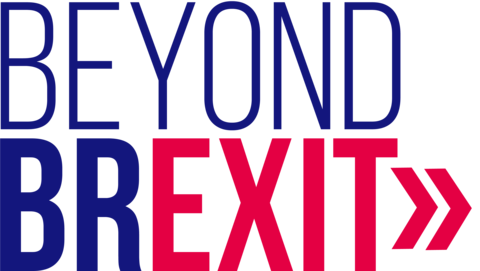Analyses & Studies
Brexit Basics: information for businesses

With a deal now in place, new rules on VAT and imports and exports have come into force
Summary of the agreement
- No tariffs or quotas on trade in goods between the UK and the EU (subject to rules of origin)
- Customs declarations for goods have been in place since January 1, 2021. Your carrier may be able to assist you according to your incoterms;
- The VAT regime applicable to trade in the UK has been in place since January 1, 2021, including import VAT.
New import / export rules
If you are based in the EU and trade with the UK, you will now need an EORI number to declare your transactions and follow the customs regulations in force in France.
It is also essential to make sure that your business partners in Great Britain follow the import/export procedures in force across the Channel, especially in the case of controlled goods that require certain licenses or certificates (chemicals, plants, tobacco, alcohol, etc.).
If the administrative formalities are not respected, the imported or exported goods could be detained at the border.
To benefit from the exemption from customs duties, several conditions must be met:
- The product must originate in the EU
- The product must be sent directly to the UK
- You must be able to prove the origin of the product and certify it on a declaration of origin
- The declaration of origin can be found on the invoice or any document containing a description of the product allowing it to be clearly identified
For shipments with a value more than €6000 you must be registered with the Registered Exporter (REX) system.
If you are based in the UK and trade with EU member countries
You must also have an EORI number which must begin with GB, if you have not received one or it does not begin with GB you can request it on the UK government website or ask the Chamber for assistance.
In order to know your obligations in respect of the traded goods, you will have to find the code which corresponds to its classification, known as commodity codes. This step is crucial in determining whether or not you need to be licensed to import/export the product in question. A misclassification can lead to a fine or payment of an incorrect amount of taxes.
The process to complete the customs declaration requires specific skills, suitable software and authorisation from CHIEF (Customs Handling of Import-Export Freight). To manage this complexity, it is recommended to go through an intermediary who can take care of these steps for you.
What about services?
The agreement reached in December says that UK companies providing services in many sectors can still access the European market under the same conditions as companies in member countries, and vice versa. However, the regulations in force will still evolve, including changes which are specific to sectors of activity and different rules from country to country.
It is therefore essential to check your obligations depending on the country and the nature of the service provided.
New VAT rules
In terms of VAT, trade is no longer subject to intra-community VAT, in particular this implies the end of reverse charges and more complex procedures for businesses.
On the UK side, companies from EU member countries will now be treated like those from non-EU countries. The British government has implemented a VAT deferral system, which means that VAT will no longer have to be paid at the time of importation. It will be due at the time of the next VAT return. Foreign taxable persons will therefore potentially have to meet registration and declaration obligations in the UK.
For exports to the EU, VAT is payable upon entry into the EU.
To obtain your UK EORI number, please visit the HMRC portal for information and to apply.